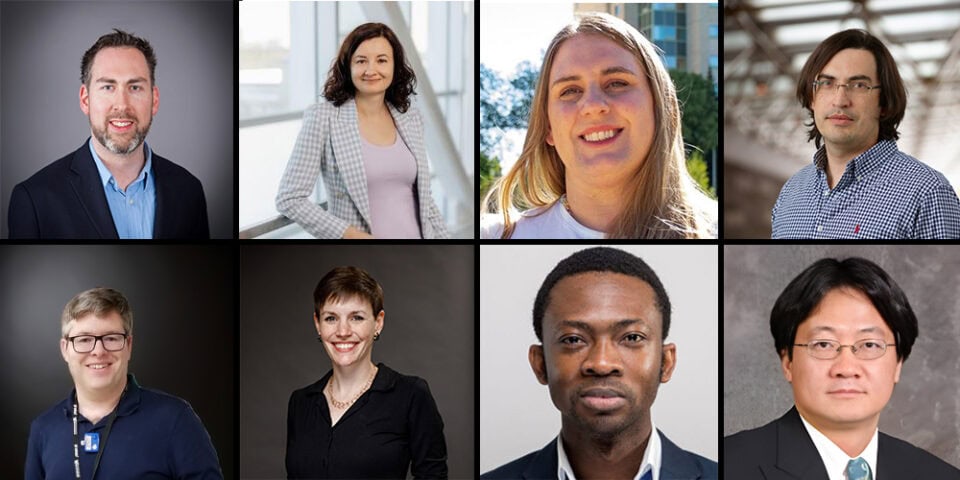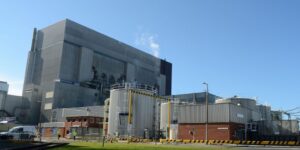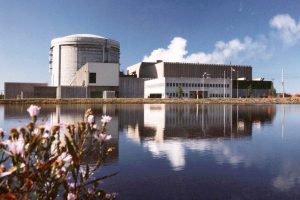Researchers across the country are advancing technologies for clean energy and artificial intelligence, as well as knowledge of quantum materials and dinosaurs, through Neutrons Canada’s partnership with the ISIS Neutron and Muon Source.
Neutron beams are irreplaceable probes of materials, and yet are scarce and available only at a few major research facilities around the world. Currently, the short-term partnership with ISIS is Canada’s sole channel for access to such neutron facilities.
Through this short-term partnership, ISIS has awarded 20 research groups across Canada with 56 days of neutron beam time over approximately 16 months, and funds to cover travel costs for researchers to conduct their experiments.
These awards provide critical, although partial, relief for researchers seeking beam time, particularly at a time when the Canadian research community has been without access to neutron beams for the last six years.
A sample of the researchers awarded time incudes:
- Prof. Adedapo Awolayo (McMaster University) was awarded time for an experiment toward determining suitability of underground rock formations for storing hydrogen underground, an enabling technology for the global transition to clean energy systems.
- Prof. Marcella Berg, Prof. Mauricio Barbi, and PhD student Jerit Michell (University of Regina) were awarded time for an experiment to observe soft tissue in dinosaur bones, which will give insight into these extinct animals and the phenomenon of ancient soft tissue preservation.
- Dr. Bo Yuan and Prof. Pat Clancy (McMaster University) were awarded time for an experiment toward explaining observations of magnon properties in a stacked honeycomb lattice magnet.
- Prof. Li Chen (University of Saskatchewan) was awarded time for an experiment toward development radiation-tolerant electronics for artificial intelligence and space technologies.
- Prof. Alannah Hallas (University of British Columbia) was awarded time for an experiment to characterize the structure of a newly fabricated quantum material that exhibits remarkably complicated magnetic order.
- Prof. Michael Pope (University of Waterloo) was awarded time for an experiment toward development of supercapacitors, which is a promising clean energy storage technology for mobile power supplies and other applications where fast-charging is essential.
- Prof. Dimitry Pushin (University of Waterloo) was awarded time for an experiment toward new methods for neutron interferometry. Pushin is working at the leading-edge of neutron interferometry with the goal of making it accessible to the general scientific community, as a resource for the study of quantum materials and fundamental physics.
- Prof. Milana Trifkovic (University of Calgary) was awarded time for an experiment toward development of organic solid-state electrolyte batteries that could be safer and more effective for applications such as electric vehicles.



